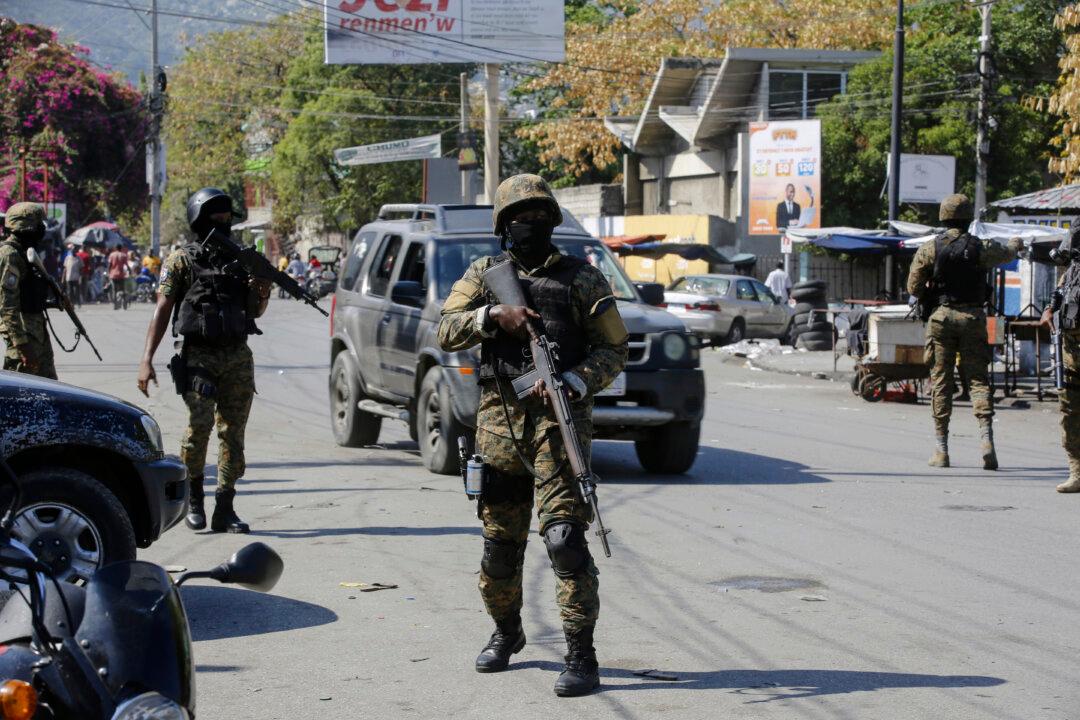The 15 member countries on the U.N. Security Council have voted unanimously to renew each member state’s Multinational Security Support (MSS) mission to Haiti for another 12 months, without changing the funding structure for the security forces.
Haiti has called for the MSS mission to be transformed into a peacekeeping operation to boost its capabilities and secure more stable funding, a proposal that the United States and Ecuador were helping to lead on behalf of Haiti, which is not a member of the council.





